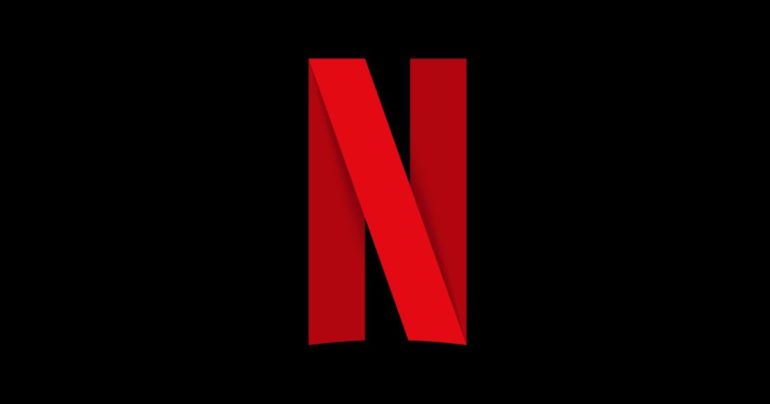Turkey’s Radio and Television Supreme Council, or RTÜK, recently confirmed that they had requested Netflix remove a gay character from the Turkish teen drama Aşk 101 (lit. Love 101) – and that Netflix had complied.
Main character Osman, played by Selahattin Paşalı, had been originally conceived of as gay, but it appears that any scenes which actually say so have now been cut. Under legislation which came into force in August 2019, RTÜK has the authority to regulate online radio, television and on-demand broadcasting, such as Netflix.
An anonymous RTÜK official said “With bilateral talks, the problem about that character has been removed.” The conservative Turkish daily newspaper Miligazete had previously described the show as “LGBT propaganda” in a furious denunciation of Netflix’s “heresy”.
Speaking with BBC Turkey, İlhan Taşçı – a member of RTÜK, but also a member of Turkey’s opposition party, the Republican People’s Party or CHP – called this move censorship and unconstitutional. He stated “A special backdoor diplomacy was made with Netflix, with the contribution of the RTÜK administration…and as a result of this diplomacy, a character who is gay in the first version of the script is censored…this shows the dimensions and magnitude of the threat that broadcasting faces.”
Usually, this would be little more than par for the course for President Erdoğan’s fairly hardline administration – Erdoğan has a history of attempting to censor material he finds personally distasteful. But coming in the light of Netflix retroactively censoring many older Western programmes for their racist content, it’s a straightforward illustration of the dangers in allowing broadcasters to cut material which is politically inconvenient.
Further, it illustrates that Netflix censoring racist content was not a move made out of any sort of principle, or actual belief in anti-racism, but rather a cynical bowing to the cultural mores of the day. It is unlikely this censorship will always be something that you, the assumed Western reader, endorse – and censoring material for good reasons opens the door to censoring it for bad reasons. Were Netflix operating in Tsarist Russia, it would presumably be censoring any hint of pro-democracy sentiment.
Some of the coverage you find on Cultured Vultures contains affiliate links, which provide us with small commissions based on purchases made from visiting our site.

